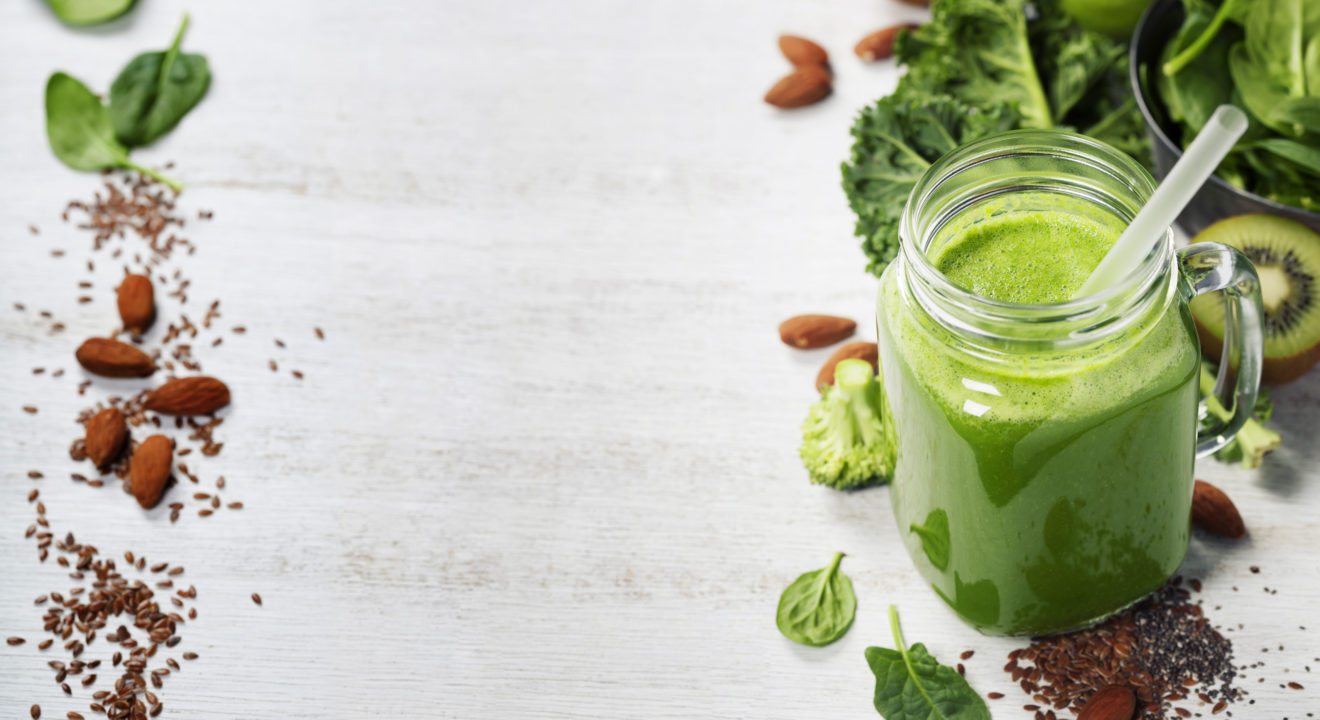Relationships February 17, 2017


Need to “cleanse” your body or drop some weight ASAP? If you love following the latest trends, a detox diet might seem like the holy grail you’ve been looking for. Recently, though, studies have been debating whether detoxing holds any health benefits – and whether detoxing is worth the calorie restriction and weakness that comes with not eating certain nutrients.
So why has detoxing become such a popular trend in recent years? Clinical nutritionist Tara Coleman says it’s all about the challenge. “The feeling of starting fresh is a great feeling and a restart is tempting,” she told ENTITY. “I also think that detoxing has been linked to quick weight loss, which is where most of its draw comes from.”
As they say, though, all that glitters isn’t gold. Before starting a detox, here are four questions you should ask.
Our organs such as the liver, kidneys and colon are already built to naturally cleanse the body. However, careful detoxing through dieting can be healthy.
“Depending on the detox, there are many different ways a detox can help,” says registered dietitian Lynsey Argota. “Some benefits could include reduced heavy metals in the body, improved liver and kidney function, increased energy levels, clearer skin, less smelly body odor, better GI function, better hormonal balance, possibly more efficient metabolism, improved mood and an overall sense of better well-being.”
RELATED: New Year, New You: Lifestyle not ‘Diet’
Let’s face it: Any diet that gets you to ingest more fruits and veggies will probably be healthier than that of the average American diet. However, if you continue poor eating habits after your detox, any short-term diet can be detrimental and lead to a cycle of yo-yo dieting.
“When it comes to cleansing, the actual cleanse is not the most important part,” advises Coleman. “It’s coming off the cleanse. Because cleanses are so restrictive and rarely have a realistic way to come off them, people end up binging and picking up their old habits along with new bad ones.”
Argota tells us that it’s not a good indication of health when your weight fluctuates more than 10 percent in six months. When you lose that much weight in such a short amount of time, your metabolism is programmed for “fat overshoot.” In other words, your metabolism slows down and stores fat to make up for the rapid weight loss.
For this reason, Argota recommends losing weight gradually. “The best thing to do if you do decide to do a cleanse is to make sure you are still getting a balanced diet,” she advises. “Make weekly nutrition goals around what foods to include and limit. Make sure you are still having ‘fun’ foods that you enjoy because the psychological deprivation backlash from restricting those things because you believe they are ‘bad’ is greater than the actual physical deprivation and can set you up for overindulgence.”
RELATED: 5 Ways to Boost Your Metabolism in the New Year
“If you have a history of an eating disorder or poor relationship with food, detoxing can be very triggering,” says Coleman. “Although the chronic dieters as well as the weight cyclers may be more likely to be drawn to these types of cleanses, they are the ones that really see the least benefit.”
So before beginning your detox diet, check in with your doctor or dietitian for advice. Argota tells us that annual general detoxes are acceptable, but it’s important to not go overboard.
“If you do certain things to detox your body, you can actually be doing more harm than good, especially when it relates to the body’s major organs such as the kidney, liver and colon,” Argota says. “If you do too many colon or GI cleanses, you can damage the delicate microbial balance and open yourself up for a really bad infection [because] you don’t have enough of the ‘good’ bacteria to fight off the ‘bad’ ones.”
Whether a cleanse works depends entirely on the body and mindset of the individual. However, most health professionals advise that people enjoy a healthy diet of good fats, carbs and proteins for optimal health and overall well-being.
“Water and fiber are the two most powerful and natural ways our bodies detox,” Coleman recommends. “Making sure you get good fiber through vegetables, beans, lentils, rice and nuts will help with your body’s natural detoxification process. Staying hydrated will also help flush out any extra byproducts or toxins.”
Argota explains that carbs, proteins and fats are necessary to every diet and especially important while detoxing. Carbohydrates provide glucose, which is a source of energy for the body, while proteins “rebuild, repair and replace various things in the body,” including our hair, skin and nails. In addition, fats help us absorb vitamins A, D, E and K and improve brain health and neurological functions. “[By] including more ‘healthy fats’ like nuts, seeds, avocados and oils, you will still be eating clean on your cleanse but you will also be getting vital nutrients that your body needs,” Argota says.
RELATED: 7 Healthy, Quick and Insta-worthy Lunches Anyone Can Make
If you’re considering trying a detox, look at the pros and cons of that particular detox and, of course, consult a doctor before trying any new diet regimen. Who knows. Maybe you’ll find out that a healthy, balanced diet – not detoxing – is what your body really needs!